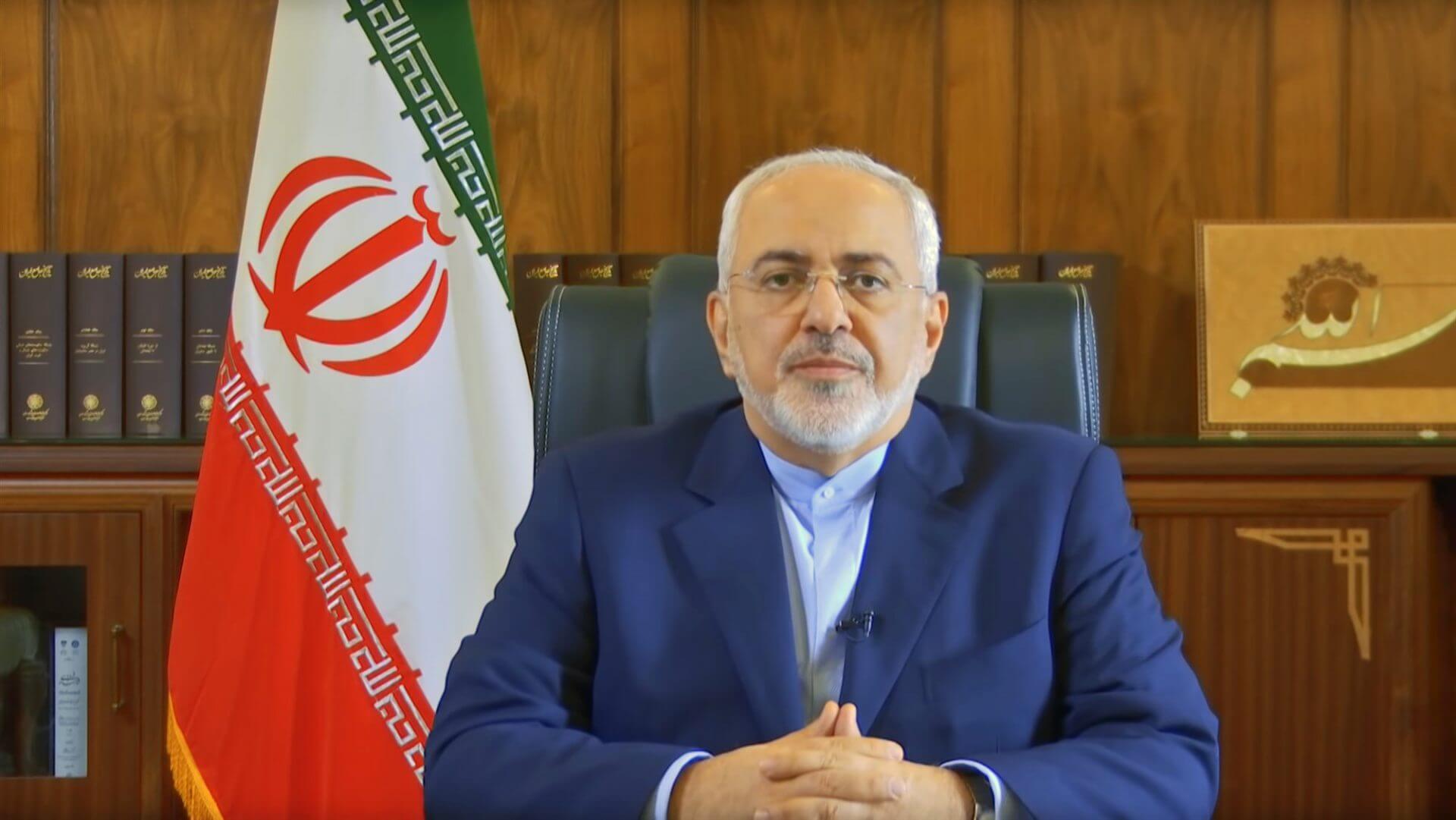Uzbekistan
On April 5, Iranian Foreign Minister Mohammad Javad Zarif met with his Uzbek counterpart Abdulaziz Kamilov in Tashkent. The two ministers discussed growing relations between their nations and stressed the need to broaden bilateral cooperation. After the meeting, Zarif tweeted that the talks were “fruitful” and sought ways “to build on our millenia-old ties to propel our bilateral and regional cooperation.”
Zarif also met with Uzbek President Shavkat Mirziyoyev, whose Press Service said that during the meeting “special attention was given to issues of economic cooperation.” In this regard, Zarif stated that Iran can serve Uzbekistan with transit roads to global markets and the high seas, according to the Islamic Republic’s official IRNA News Agency.
Apart from economic ties, both sides also discussed their security and strategic prospects in the region. Kamilov stressed the importance of Tehran’s “regional position and international influence” and said that Tashkent was looking forward to using Iran’s port capacities along the Persian Gulf and Sea of Oman coasts. The meeting also paid “special attention to the interaction of the two countries within the framework of international and regional organisations” and supported the role played by the two countries in the inter-Afghan negotiations. In addition, views were also exchanged on the “US’ unilateral and cruel sanctions against Iran.”
Kyrgyzstan
On April 6, Zarif held talks with his Kyrgyz counterpart Ruslan Kazakbaev in Kyrgyzstan’s capital city, Bishkek, where the two top diplomats discussed bilateral issues, regional cooperation, and international issues. The Iranian FM noted that “the extent of trade-economic relations between Iran and Kyrgyzstan is not on par with the existing potential” and in this respect, he called on both sides to ensure greater cooperation in the fields of “technical-engineering, road building, dm construction and transportation domains as well as building thermal, solar and hydro-power stations.”
Zarif also added that the path to fruitful Iranian-Kyrgyz cooperation was being blocked by impediments like the coronavirus pandemic and Washington’s “unilateral, illegal and cruel sanctions.” However, Zarif expressed his hope that the United States (US) would lift the sanctions and fulfil its commitments under the JCPOA thereby “paving the way for Iran and Kyrgyzstan to benefit from mutual cooperation.” Zarif’s sentiments were reciprocated by Kazakbaev who said that his country was ready for an “all-out cooperation” with Iran.
On the same day, Javad Zarif also met with Kyrgyz president Sadyr Japarov and congratulated him on his appointment as Kyrgyz president in January this year. While the talks revolved around much of the same topics that Zarif previously discussed with Kazakbaev, the Iranian FM highlighted the need to “follow up on the decisions already made” in the last Joint Economic Cooperation commission talks between both sides. After the meeting, Zarif tweeted that he was “very happy to be in Kyrgyzstan” and that the “talks focussed on leveraging our age-old bond to expand economic ties and facilitate access to international transit routes.”
Kazakhstan
On April 7, while in Kazakhstan, Zarif delivered a speech at the 19th Developing 8 (D8) Council of Ministers meeting, which was held virtually. Zarif once again focused on the challenges posed by the COVID-19 pandemic, saying that “the international community eagerly wants to consign coronavirus to the dustbin of history” and that the pandemic has only brought the international community together. Zarif also expressed Iran’s willingness to coordinate with the D8 countries in the fields of trade, tourism, transport, and technology and said that Tehran is prepared for “serious cooperation” in these areas.
Zarif also met with Kazakh Deputy Prime Minister (PM) and FM Mukhtar Tleuberdi in Nur-Sultan on the same day, wherein they discussed bilateral ties, especially in the political and economic fields. In the economic arena, Zarif focused on expanding “transportation and transit” infrastructure with Kazakhstan and discussed the country’s role in Chabahar. Zarif and Tleuberdi also signed an MoU “based on the spirit of partnership and cooperation between the countries.” The document focused on enhancing the partnership between Tehran and Nur-Sultan at various levels including “political, social, humanitarian, environmental, military, security and cultural fields.”
Zarif held talks with Kazakh President Kassym Jomart Tokayev as well. Both sides discussed “developments pertaining to the 2015 nuclear deal between Iran and world powers, the peace process in Afghanistan, the trend of Astana talks and the Conference on Interaction and Confidence-Building Measures in Asia (CICA).” Tokayev said that Iran was “key partner” and stressed the need to promote cooperation in all areas. Following their meeting, Zarif said in a tweet that the discussions were “substantive and fruitful” and that both sides share many common objectives on “regional stability and global nuclear disarmament.”
Turkmenistan
On Thursday, Zarif wrapped up his Central Asia tour with a visit to Turkmenistan, where he met with Turkmen President Gurbanguly Berdimuhamedov, who said that his country was eager to deepen relations with Iran. The talks paid special attention to the dimensions of bilateral ties in political, economic and cultural fields.
Zarif also met with his Turkmen counterpart Rashid Meredov and discussed “bilateral relations in the field of international organisations.” The Iranian FM also called for “bolstering ties in environmental domains such as the Caspian Sea and other areas, as well as transit and innovation lines.” Zarif later said that the meetings with president Berdimuhamedov and FM Meredov were “extensive, substantive, and constructive” while also adding that “Central Asians are not just neighbours, they are kin.”

